Private Members' Bills (PMBs)
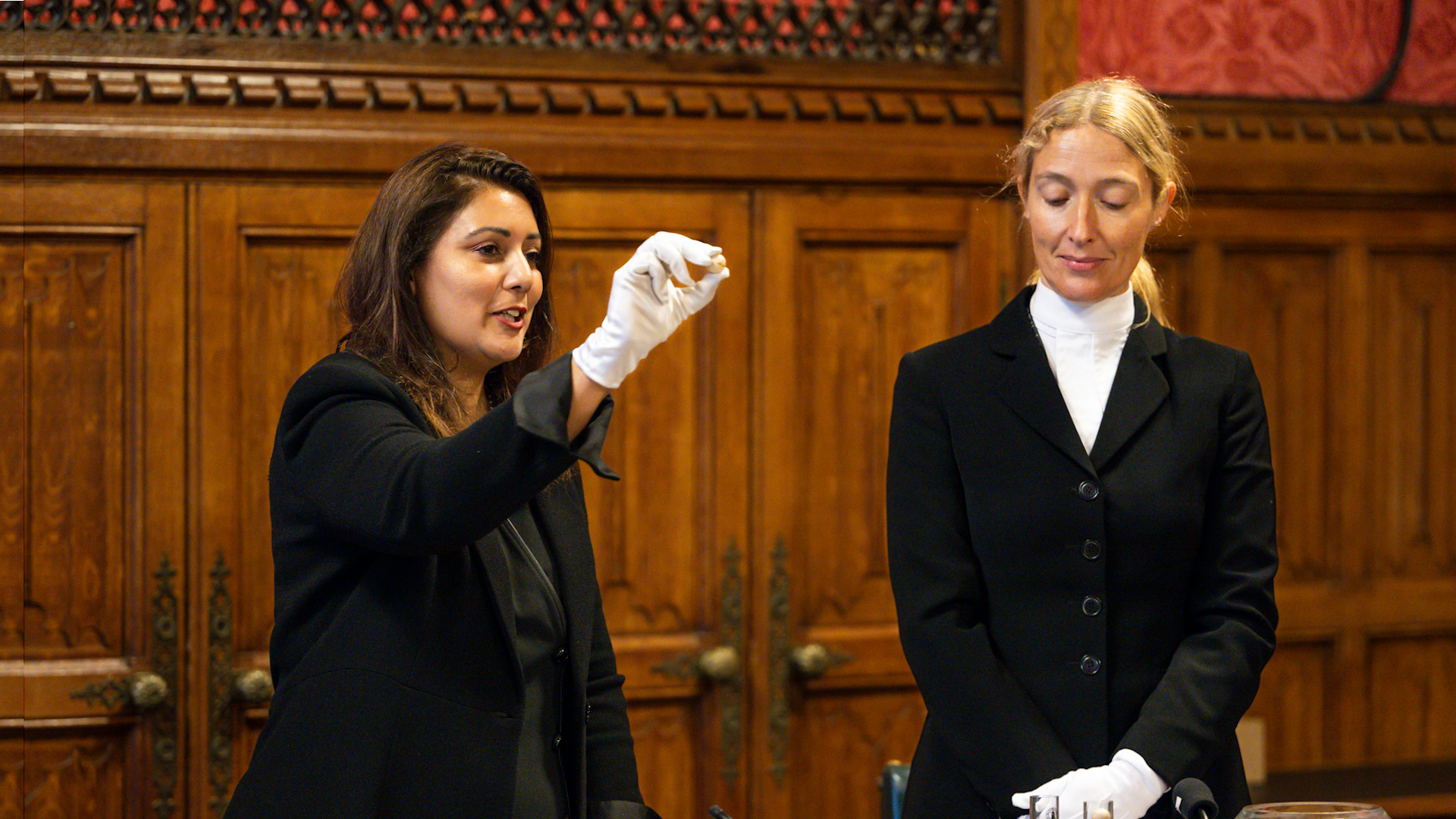
Private Members' Bills (PMBs) are bills introduced by MPs and Peers who are not government ministers. The procedures, often a source of controversy, are different to those that apply for government bills. Below are 7 short guides that explain key aspects of the process, as well as data on the number of PMBs that are successful each Session, and our proposals for reform of the PMB system.

What is a Private Members' Bill?
Private Members' Bills (PMBs) are bills introduced by MPs and Peers who are not government ministers. They provide backbenchers with an opportunity to address public concerns and to set a policy agenda that is not determined by the executive. The procedures, often a source of controversy, are different to those for government bills. There are three types of PMB, distinguished in terms of when and how they are introduced, and how they secure time to be debated:
a Ballot Bill;
a Ten Minute Rule Bill; and
a Presentation Bill.

What is a Ballot Bill?
At the start of a new parliamentary Session backbench MPs can enter the PMB ballot. The 20 MPs whose names are drawn may introduce a Bill of their choice. Ballot Bills have the best chance of becoming law because they have priority over other PMBs when time is allocated for debates.
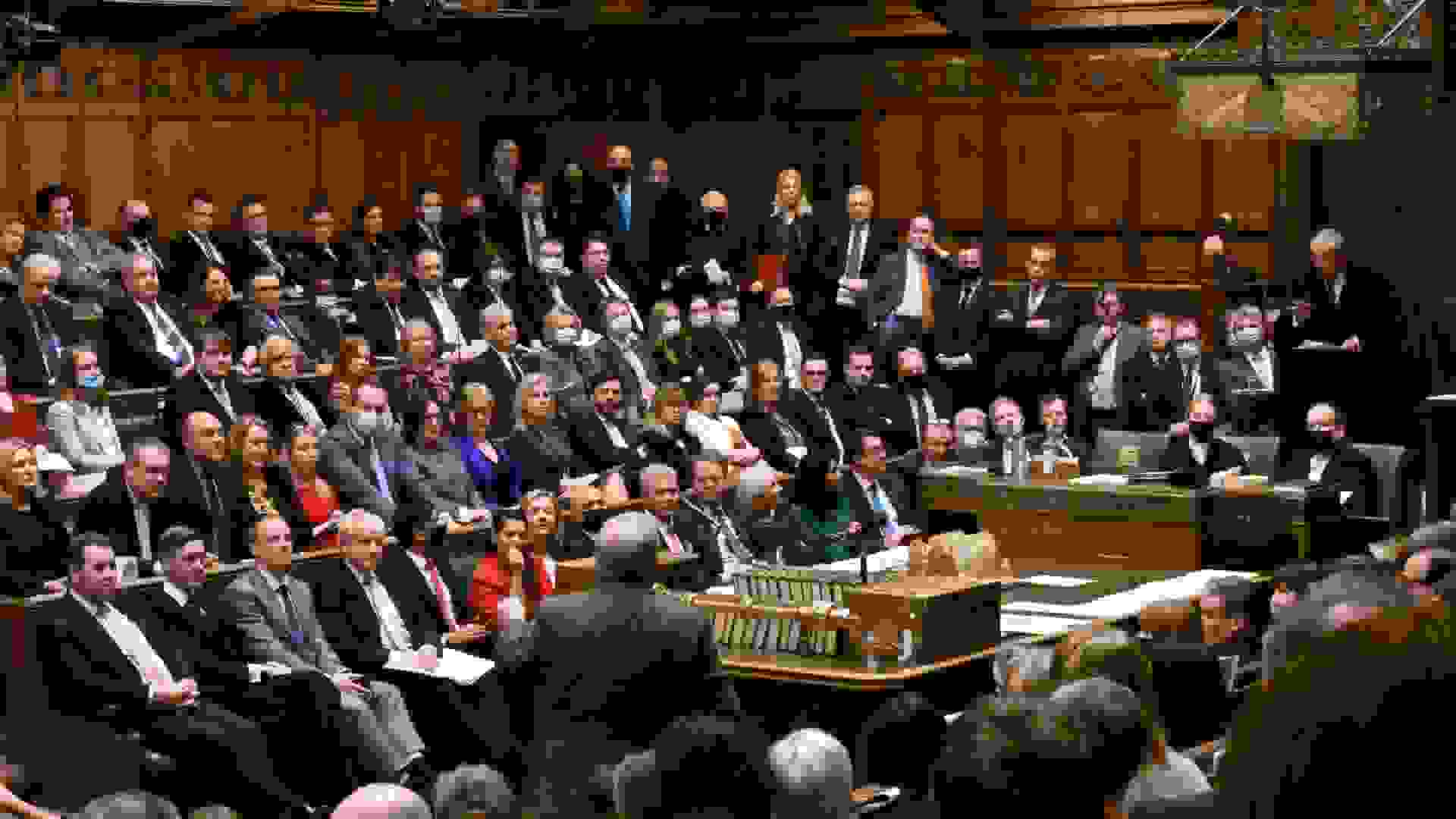
What is a Ten Minute Rule Bill?
Ten Minute Rule Bills are essentially policy aims put into legislative language in order to secure a 10-minute speaking slot during 'primetime' in the House of Commons Chamber after Question Time on Tuesdays and Wednesdays (but not on Budget day).
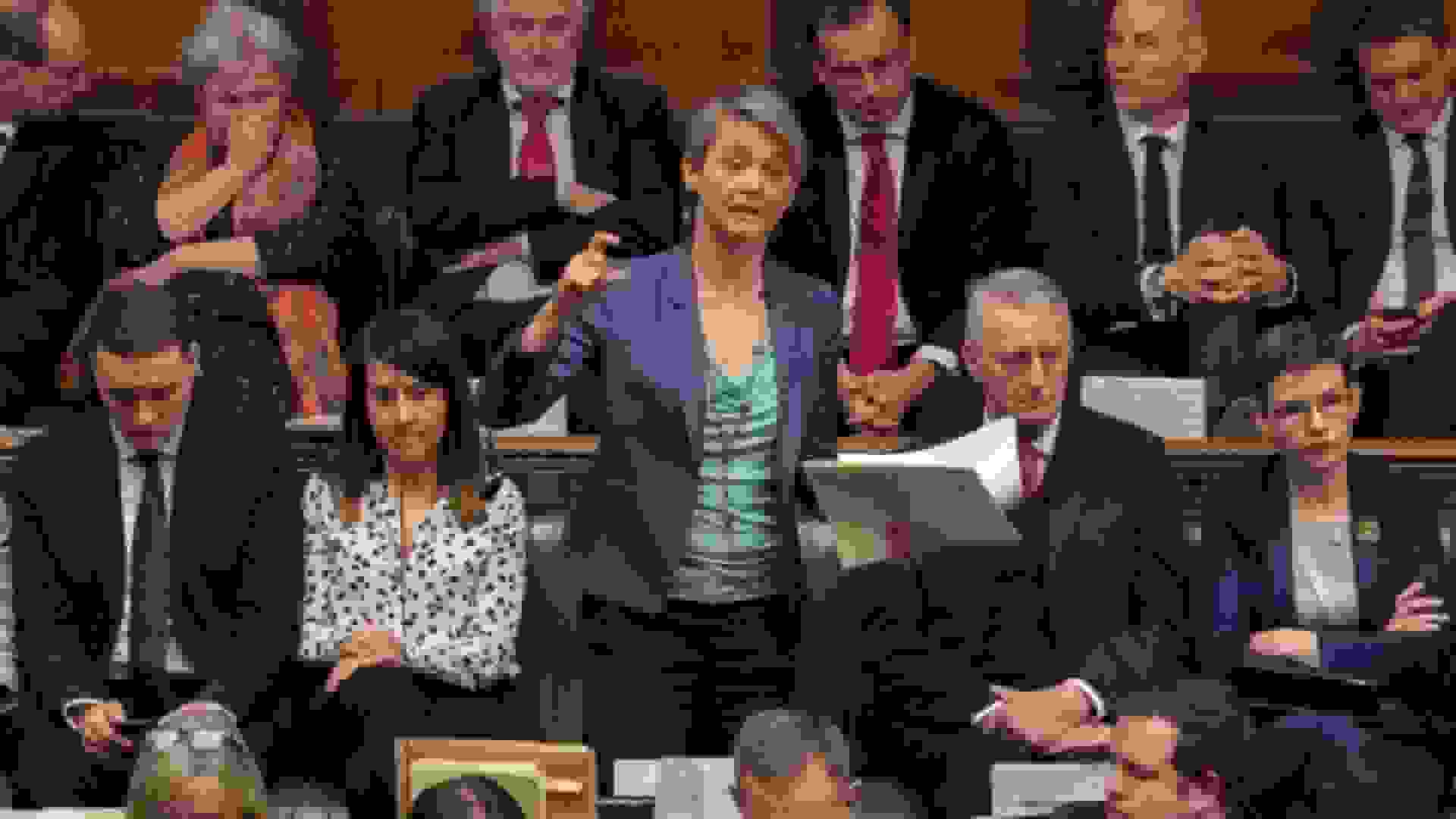
What is a Presentation Bill?
Any MP is permitted under Standing Order No. 57 to introduce a bill of his or her choice, having given prior notice to the Public Bill Office. Presentation Bills are formally 'presented' during a Friday sitting, and only after all the Ballot Bills on the Order Paper have been presented.
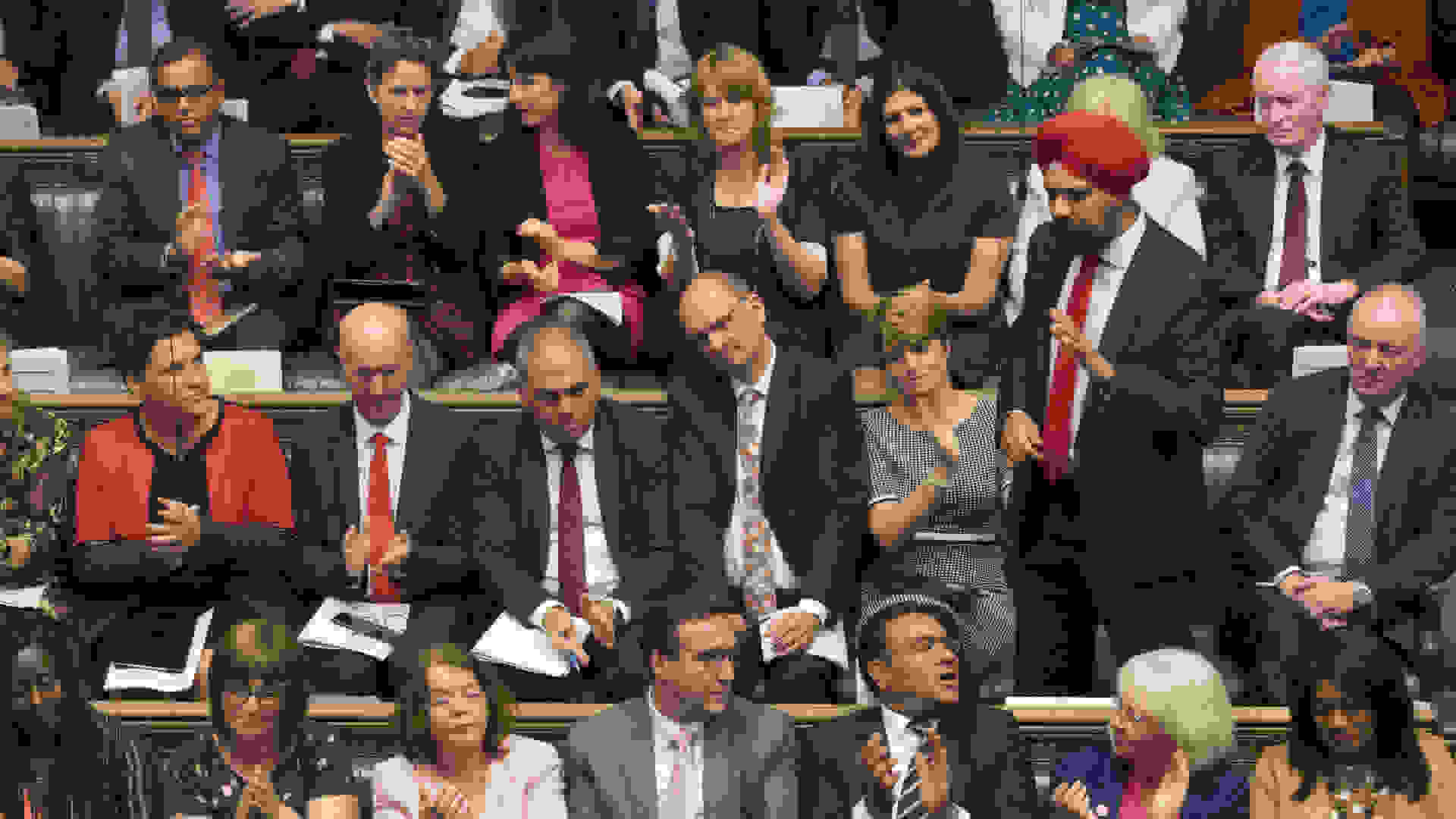
Why are Private Members' Bills debated on a Friday?
Thirteen Friday sittings are set aside in the House of Commons each Session for consideration of PMBs, signifying a commitment to provide some freedom from the normal constraint that 'Government business shall have precedence at every sitting' (Standing Order No.14(8)). Unless the House decides otherwise, these are the only Friday sittings held each Session.
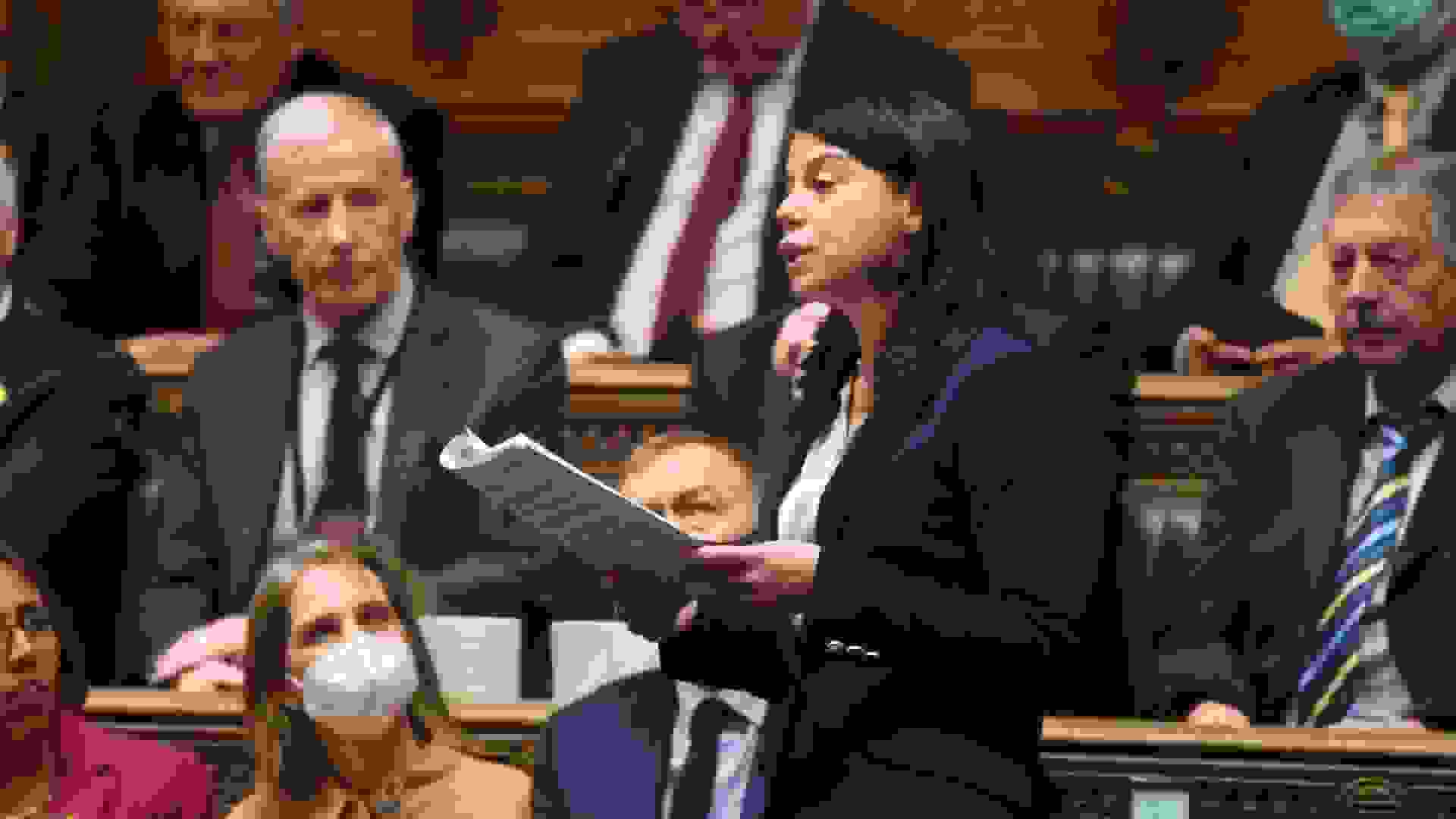
What are the legislative stages in the House of Commons?
PMBs in the House of Commons go through the same legislative stages as government bills. However, the procedures that apply at each stage are different. The lack of programming and the absence of time limits on speeches, facilitate filibustering rather than effective debate and scrutiny. And low yet complex procedural and voting thresholds enable even limited opposition to thwart popular bills.
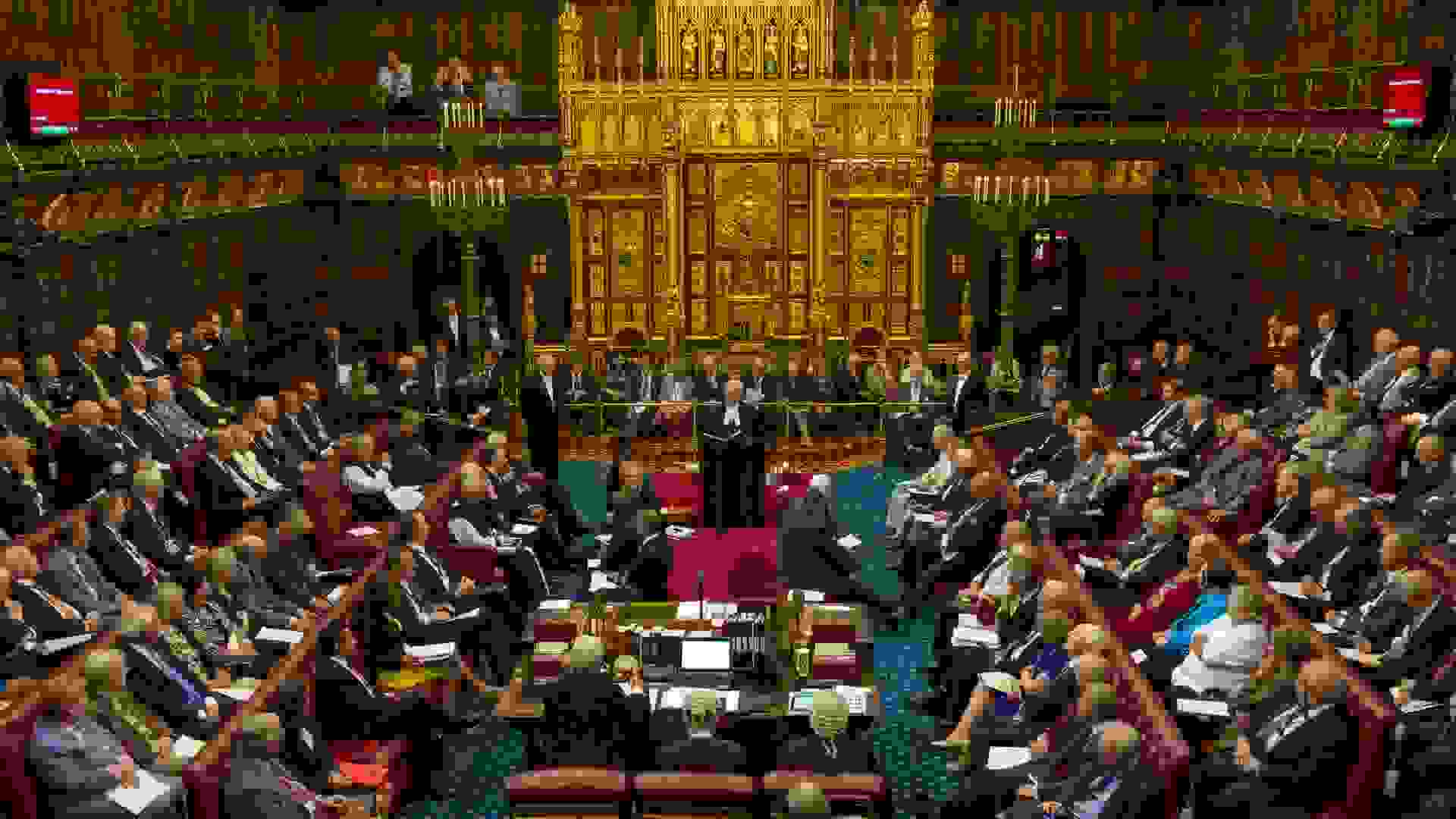
What are the legislative stages in the House of Lords?
A PMB ballot determines the order in which PMBs receive their First Reading and on what days. Once all the Ballot Bills have been introduced, a Peer can introduce a PMB on any sitting day. There is no fixed time for consideration of PMBs although generally they are considered on sitting Fridays. PMBs are generally not talked out in the House of Lords; the legislative procedure is relatively straightforward compared to the Commons.
How many Private Members' Bills become law each parliamentary session? • The number of Private Members’ Bills, by type, that secured Royal Assent in each session in the last decade. (The number in brackets is the total number of PMBs that were introduced by type.) NOTE: that some Sessions were of extended length.
| Session | Ballot Bills | 10 Minute Rule Bills | Presentation Bills | Lords PMBs | Total | % received Royal Assent |
|---|---|---|---|---|---|---|
| 2023-24 | 4 (20) | 0 (32) | 1 (122) | 0 (28) | 5 (202) | 2.5% |
| 2022-23 | 16 (20) | 0 (86) | 7 (147) | 1 (43) | 24 (296) | 8.1% |
| 2021-22 | 11 (20) | 0 (58) | 2 (138) | 0 (45) | 13 (261) | 4.9% |
| 2019-21 | 7 (20) | 0 (78) | 0 (94) | 0 (86) | 7 (278) | 2.5% |
| 2019* | 0 | 0 | 0 | 0 | 0 | 0 |
| 2017-19 | 9 (20) | 1 (144) | 4 (147) | 1 (75) | 15 (386) | 3.8% |
| 2016-17 | 5 (20) | 1 (50) | 2 (42) | 0 (60) | 8 (172) | 4.6% |
| 2015-16 | 4 (20) | 2 (56) | 0 (37) | 0 (49) | 6 (162) | 3.7% |
| 2014-15 | 7 (20) | 1 (48) | 0 (64) | 2 (39) | 10 (171) | 5.8% |
| 2013-14 | 4 (20) | 0 (60) | 1 (66) | 0 (34) | 5 (180) | 2.7% |
| 2012-13 | 10(20) | 0 (63) | 0 (27) | 0 (33) | 10 (143) | 6.9% |
| 2010-12 | 6 (20) | 0 (131) | 0 (87) | 1 (31) | 7 (269) | 2.6% |
Sources:
https://commonslibrary.parliament.uk/research-briefings/sn04568/
https://bills.parliament.uk/
Note that some Sessions - for example, the 2010-12, 2017-19 and 2019-21 Sessions - were of extended length. And the 2019 Session was unusually short, such that no PMBs were introduced.
Enhancing the role of backbench MPs: Proposals for reform of Private Members' Bills
Private Members’ Bills (PMBs) provide an important opportunity for backbench MPs to initiate legislative proposals and to respond to issues of public interest and concern. But in a system that enshrines the dominance of the executive a range of procedural obstacles inhibit the effectiveness of the PMB system. This 2011 report explains the problems and sets out how the system could be reformed. The report's recommendations remain relevant despite the passage of time: many changes have been introduced to the parliamentary process in the last decade but proposals for reform of PMBs have foundered due to opposition from successive governments.

The authors - Alex Brazier and Ruth Fox - with MPs Natascha Engel, Chris Bryant and Christopher Chope at the launch of our report 'Enhancing the role of backbench MPs, April 2011

Charles Walker MP, Chair of the House of Commons Procedure Committee when it conducted its 2012-13 and 2015-16 inquiries into Private Members' Bills (© UK Parliament / Jessica Taylor)
House of Commons Procedure Committee report endorses many of our recommendations
In 2012, a year after our report 'Enhancing the role of backbench MPs' was published, the House of Commons Procedure Committee announced an inquiry into PMBs and Society staff were called as witnesses. The Committee's report, published in 2013, endorsed many of our recommendations including the introduction of timetabling, pre-legislative scrutiny, and ending the government’s power to decide whether to appoint more than one Public Bill Committee at a time to consider PMBs. However, no reforms were forthcoming. The Committee revisited the issue in the 2015-16 Session, but again received what the Chair, Charles Walker MP, described as "a deeply disappointing response" from the Government.
